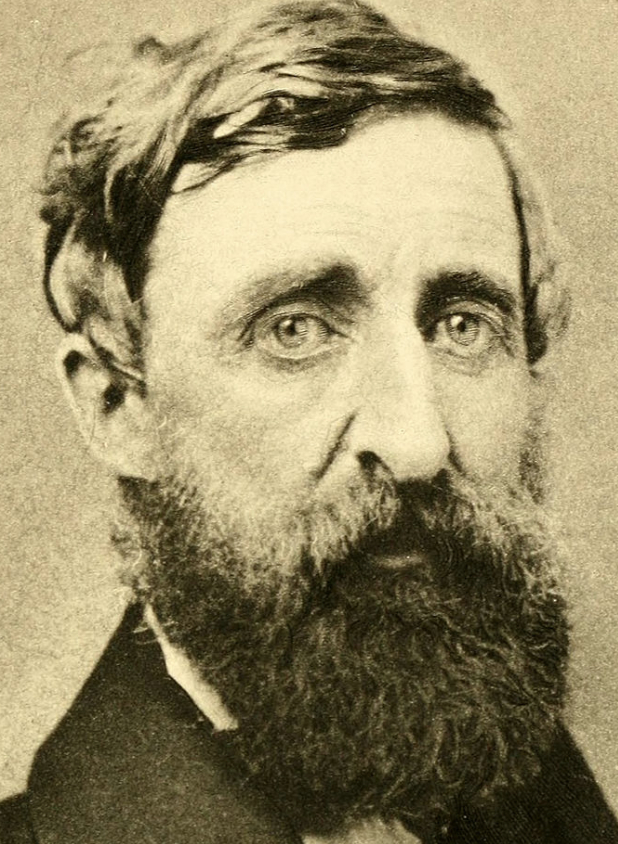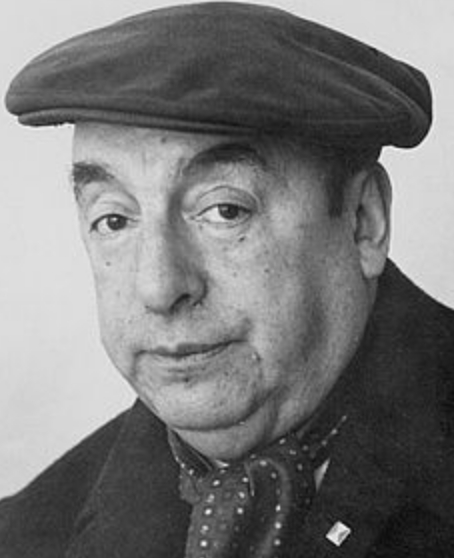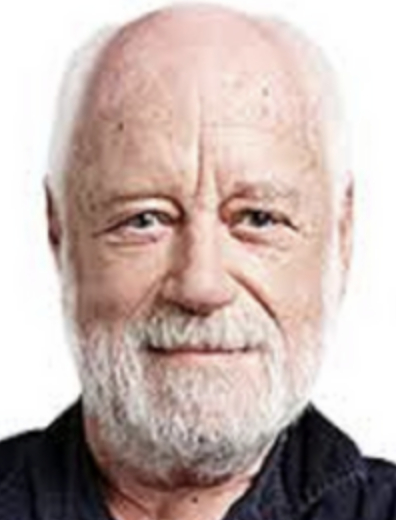July 12
Henry David Thoreau

On this date in 1817, Henry David Thoreau was born in Massachusetts. He graduated from Harvard University in 1837, taught briefly, then turned to writing and lecturing. Becoming a Transcendentalist and good friend of Emerson, Thoreau lived the life of simplicity he advocated in his writings. His two-year experience in a hut in Walden, on land owned by Emerson, resulted in the classic Walden: Life in the Woods (1854). During his sojourn there, Thoreau refused to pay a poll tax in protest of slavery and the Mexican War, for which he was jailed overnight.
His activist convictions were expressed in the groundbreaking On the Duty of Civil Disobedience (1849). Thoreau liked to quote Ennius: “I say there are gods, but they care not what men do.” In a diary he noted his disapproval of attempts to convert the Algonquins “from their own superstitions to new ones.”
In a journal he noted wryly that it was appropriate for a church to be the ugliest building in a village, “because it is the one in which human nature stoops to the lowest and is the most disgraced.” (Cited by James A. Haught in 2000 Years of Disbelief.) When Parker Pillsbury sought to talk about religion as Thoreau was dying from tuberculosis, Thoreau replied: “One world at a time.” (D. 1862)
“Your church is a baby-house made of blocks.”
— Thoreau, "On the Duty of Civil Disobedience" (1849)
Pablo Neruda

On this date in 1904, Ricardo Eliécer Neftalí Reyes Basoalto was born in Parral, Chile. His first poems were published under the pen name Pablo Neruda in 1918 in a Santiago magazine. His first widely read book, Twenty Love Poems and a Song of Despair was published in 1924. In 1927 he was made Chilean honorary consul to Rangoon, Burma (now Myanmar), in honor of his accomplishments in poetry.
His work as an official representative of Chile continued in Spain, where he became involved with the republican cause. He was recalled to Chile in 1937. In 1945 he joined the Communist Party and was elected to the Senate, fleeing the country three years later when the party was banned by the government.
Neruda continued to travel the world, first in exile and after he was allowed to return to Chile in 1952. During this period, much of his poetry was political in nature, including the famous “Canto General” (General Song), an epic of the New World, which connected the Americas’ origins and conquests to their current political state.
Neruda was a confirmed communist and was awarded the Stalin Peace Prize and Lenin Peace Prize in 1953. He stated some philosophical views in his poetry, describing himself in his poem “A Dog Has Died” as “I, the materialist, who never believed / in any promised heaven in the sky / for any human being.” He ran for president of Chile in 1969 but withdrew in favor of Salvador Allende. He was diagnosed with cancer in 1970 but went on to represent Chile as ambassador to France.
In 1971 he received the Nobel Prize in Literature. He survived Allende by only 12 days. Eight books of his poetry, which he had planned on publishing on his 70th birthday, were published posthumously. (D. 1973)
“Like his father, Neruda was an atheist, and he felt an intuitive aversion to the mystical religions of Asia, which was later confirmed by his embrace of Communism, with its doctrinaire rejection of all religion.”
— Jamie James, "Pablo Neruda’s Life as a Struggling Poet in Sri Lanka," Literary Hub (June 3, 2019)
Phillip Adams

On this date in 1939, Australian broadcaster and film producer Phillip Andrew Hedley Adams was born in Maryborough, Victoria. His father was a Congregational minister. Adams stayed with his mother after his parents separated when he was young. He wrote and directed his first film, “Jack and Jill,” in 1970. He produced nine other films through the 1980s.
He shifted into broadcasting in the 1980s when he became the host of “Late Night Live,” an Australian Broadcasting Corp. (ABC) radio program, where he has remained as of this writing in 2019. He has chaired the Australian Film Institute, the Film and Television Board of the Australian Council, the Australian Film Commission and Film Australia.
Adams chaired the Commission for the Future, which won accolades from the United Nations in 1988 for raising awareness of climate change. He has served on the boards of Greenpeace, CARE Australia and The Australian Centre for Social Innovation, among many others. He is the author or editor of numerous books, including Adams Versus God (1985).
He became a member of the Order of Australia in 1987 and an Officer of the Order of Australia in 1992. Adams has written for The Australian since the 1960s, often sparking heated debate for his leftist political views. In the early 1980s he co-founded Australian Skeptics. The Australian government awarded him the Human Rights Medal in 2006. He received the United Nations Media Award in 2005.
The Council of Australian Humanist Societies awarded him the Australian Humanist of the Year in 1987. He also holds honorary doctorates from four universities. Adams has four daughters. He and his wife, Patrice Newell, split their time between a cattle ranch in New South Wales and a home in Sydney.
“When I was five, I discovered I couldn’t believe in god. … She never answered my calls! My father was a professional god-botherer, my grandparents were Christians, I was surrounded by standard outer suburban Christianity. … I wanted to believe, but I just couldn’t — I found the whole idea redundant.”
— Adams' biography on the ABC website (July 19, 2006)
